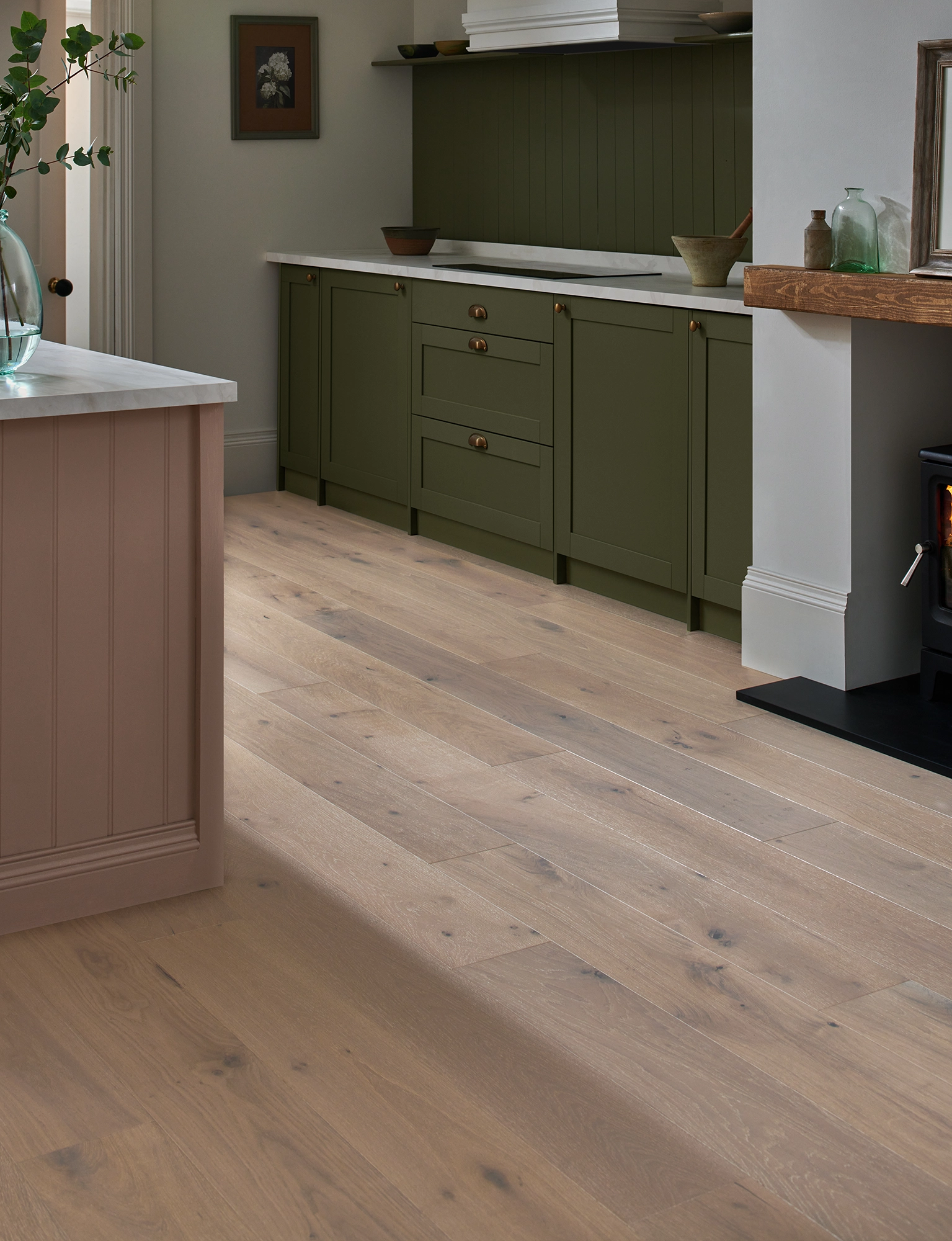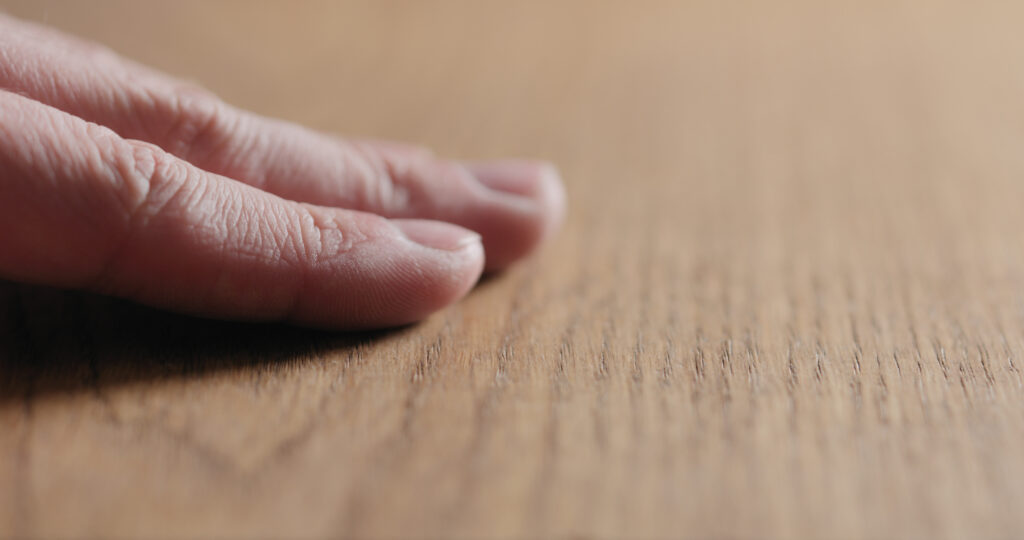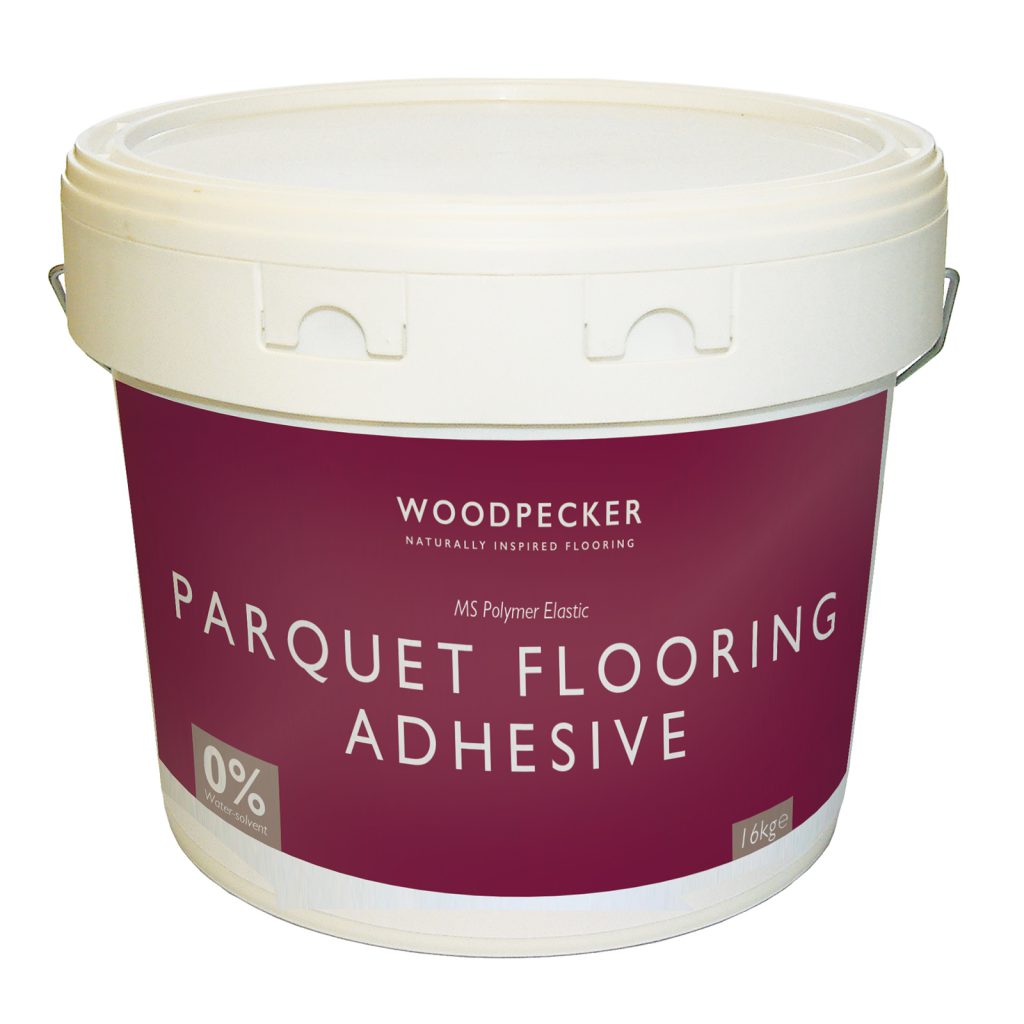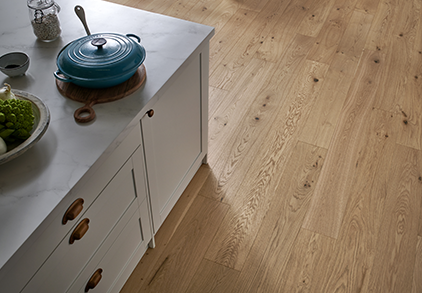How to Get Glue Off Hardwood: Expert Tips for a Clean Finish

When glue ends up on a wood floor, it can feel daunting to remove without damaging the surface. Knowing how to get glue off hardwood safely makes all the difference between a smooth, restored floor and one marked with scratches or residue. With the right approach, you can deal with adhesive effectively and keep your flooring looking its best.
Why Glue Can Be Tricky on Hardwood
Adhesives bond strongly to wood fibres and, if not removed correctly, can pull at the surface or leave behind a dull patch. Whether the issue comes from leftover installation adhesive, spills, or even tape residue, the solution depends on the type of glue and finish on your floor. Choosing a high-quality adhesive such as MS Parquet Adhesive in the first place can help prevent excess mess during installation.
Step-by-Step: How to Remove Floor Adhesive Safely
To tackle glue effectively, it helps to follow a clear process:
- Identify the finish
Lacquered and oiled floors react differently to solvents. Always test a method in a discreet area first. For guidance on finishes, see our wood floor cleaning advice.
- Soften the glue
Warm water and a few drops of mild detergent can soften water-based adhesives. For stronger residues, carefully apply a purpose-made remover designed for your hardwood finish.
- Lift gently
Use a plastic scraper at a shallow angle to ease softened glue away. Avoid metal tools, which can dig into the surface.
- Clean and restore
Wipe the area with a damp cloth and dry immediately. To finish, follow up with a suitable floor cleaner and follow the cleaning tips in the cleaning for hardwood floors guide.
Common Mistakes to Avoid
With glue removal, a careful approach is key:
- Don’t rush: Pulling hardened glue directly can damage the wood fibres.
- Don’t use harsh blades: These can scratch the surface, leading you to ask later how do you get scratches out of hardwood floors.
- Don’t ignore finish type: Using the wrong solvent risks creating lighter patches that are harder to repair.

When Glue Leaves Stains
Sometimes adhesive leaves behind a mark even after removal. If you notice discolouration or patchiness, you may need specialist treatment. For light marks, a refresher can help, as described in the blog on patchy floors. Professional sanding or refinishing may be required in severe cases.
Preventing Future Glue Issues
Looking ahead can save time and effort later. The best way to avoid adhesive on your flooring’s surface is by planning your installation carefully. Apply only the necessary amount of glue when installing to avoid adhesive seeping up between the joints. You can also check out:
- Accessories for clean finishing
- 5 tips for successful herringbone installations
- Herringbone floor installation cost
Other Common Challenges
Glue is only one challenge you might face. If you’ve tackled adhesive, you may also encounter issues like wax build-up or hardwood staining. Learning about hardwood floor restoration or understanding whether engineered or solid wood is the better fit are all part of maintaining your floor’s longevity. Insights into how engineered flooring is made or common questions on solid wood flooring also help you make informed choices.
Knowing how to get glue off hardwood gives you the confidence to keep your floor in its best condition. By choosing the right products, taking care during removal, and learning from common mistakes, your hardwood will stay a feature you’re proud of for years to come.


